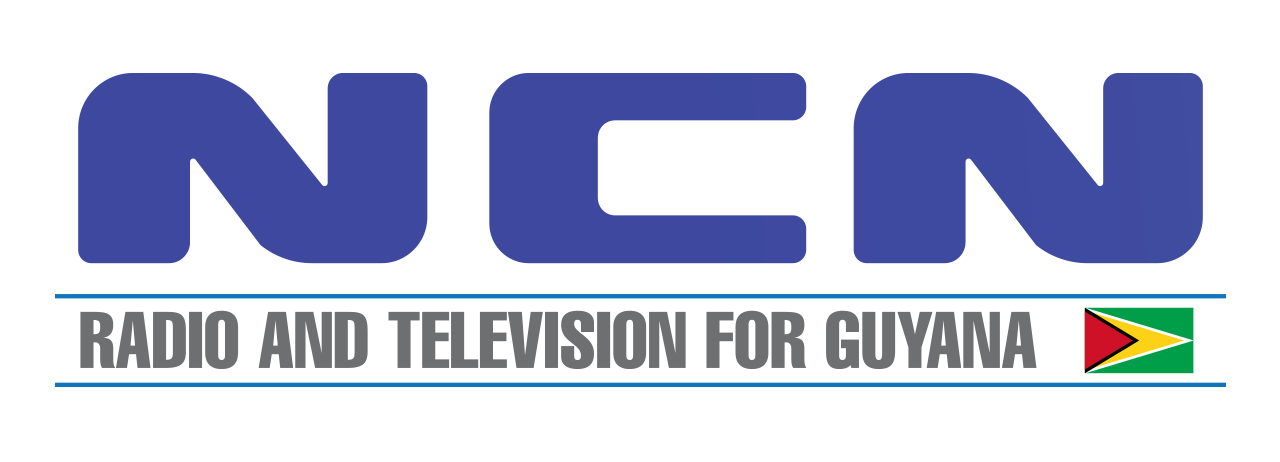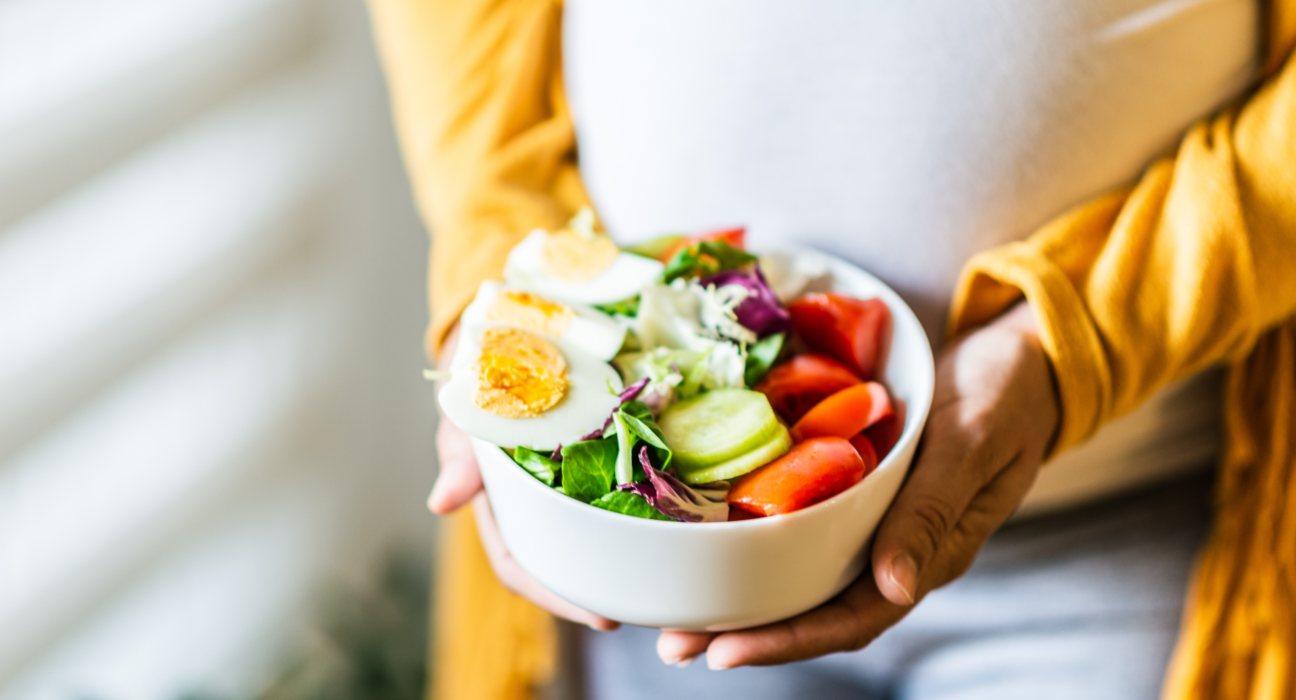Maintaining proper nutrition during pregnancy is paramount for the well-being of both mother and child.
Dietitian Avanelle Thomas emphasizes the importance of quality over quantity when it comes to food intake during pregnancy, advocating for a diet rich in nutritious foods while steering clear of harmful ones.
Thomas advises expectant mothers to consume a variety of food groups, including fruits, vegetables, grains, protein sources, and dairy products.
She highlights that cravings and aversions to certain foods are common during pregnancy but stresses the need for an additional 350–500 calories per day during the later stages of pregnancy.
Notably, Thomas recommends a daily intake of at least three cups of low-fat dairy products, which can include yogurt, skimmed milk, and cheese.
She underscores the importance of whole grains found in foods like bread, pasta, and rice, alongside a minimum of six ounces of protein from sources such as meat, fish, eggs, peanut butter, and beans.
However, Thomas warns against overindulgence in common pregnancy cravings like chocolate, sweets, and salty foods, as excessive weight gain can lead to complications during delivery, potentially necessitating a cesarean section.
Moreover, inadequate food intake can result in a low birth weight, posing risks to both the mother and the baby.
During pregnancy, the body’s blood volume increases significantly, requiring expectant mothers to prioritize hydration.
Thomas emphasizes the necessity of staying adequately hydrated to support the body’s physiological changes during this crucial period.
In conclusion, the guidance provided by experts like Avanelle Thomas underscores the importance of maintaining a balanced and nutritious diet throughout pregnancy to ensure the health and well-being of both mother and child.

